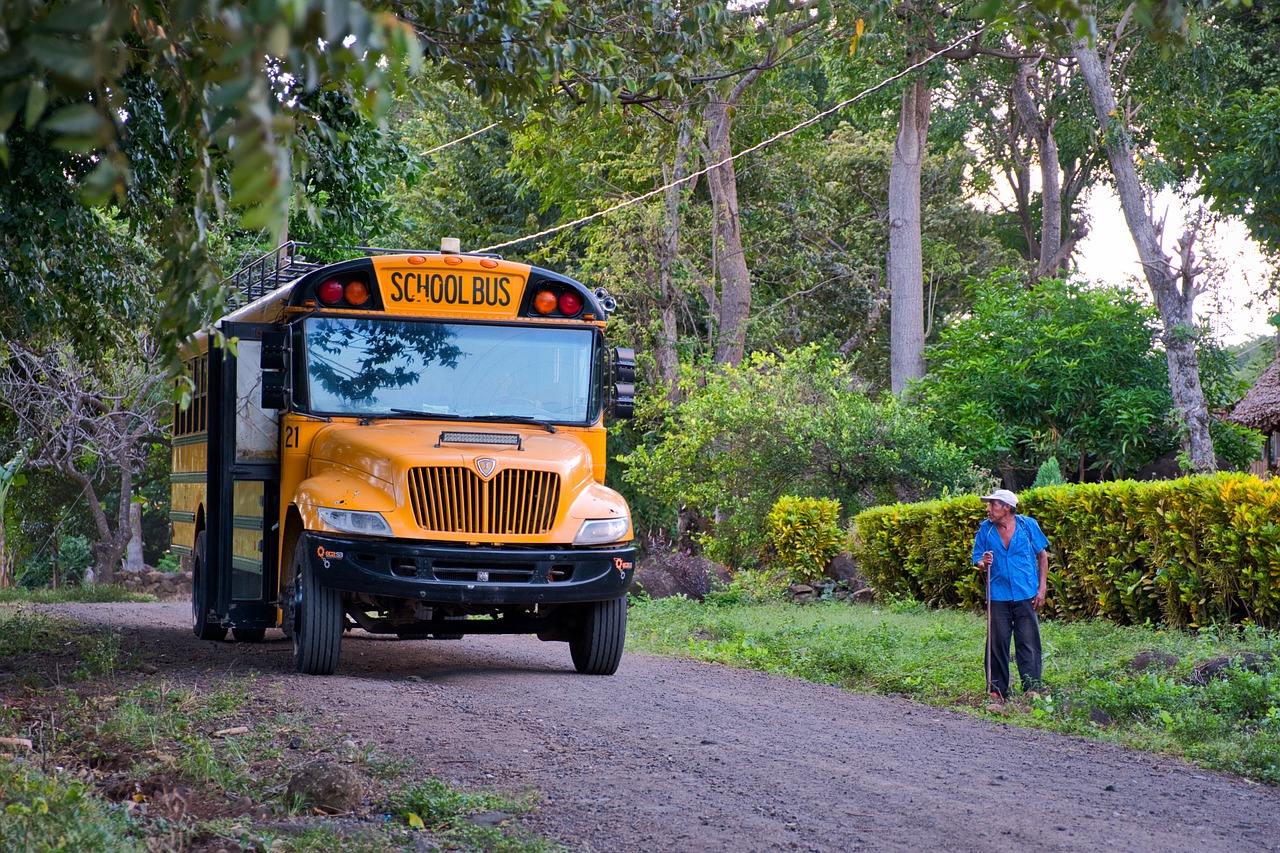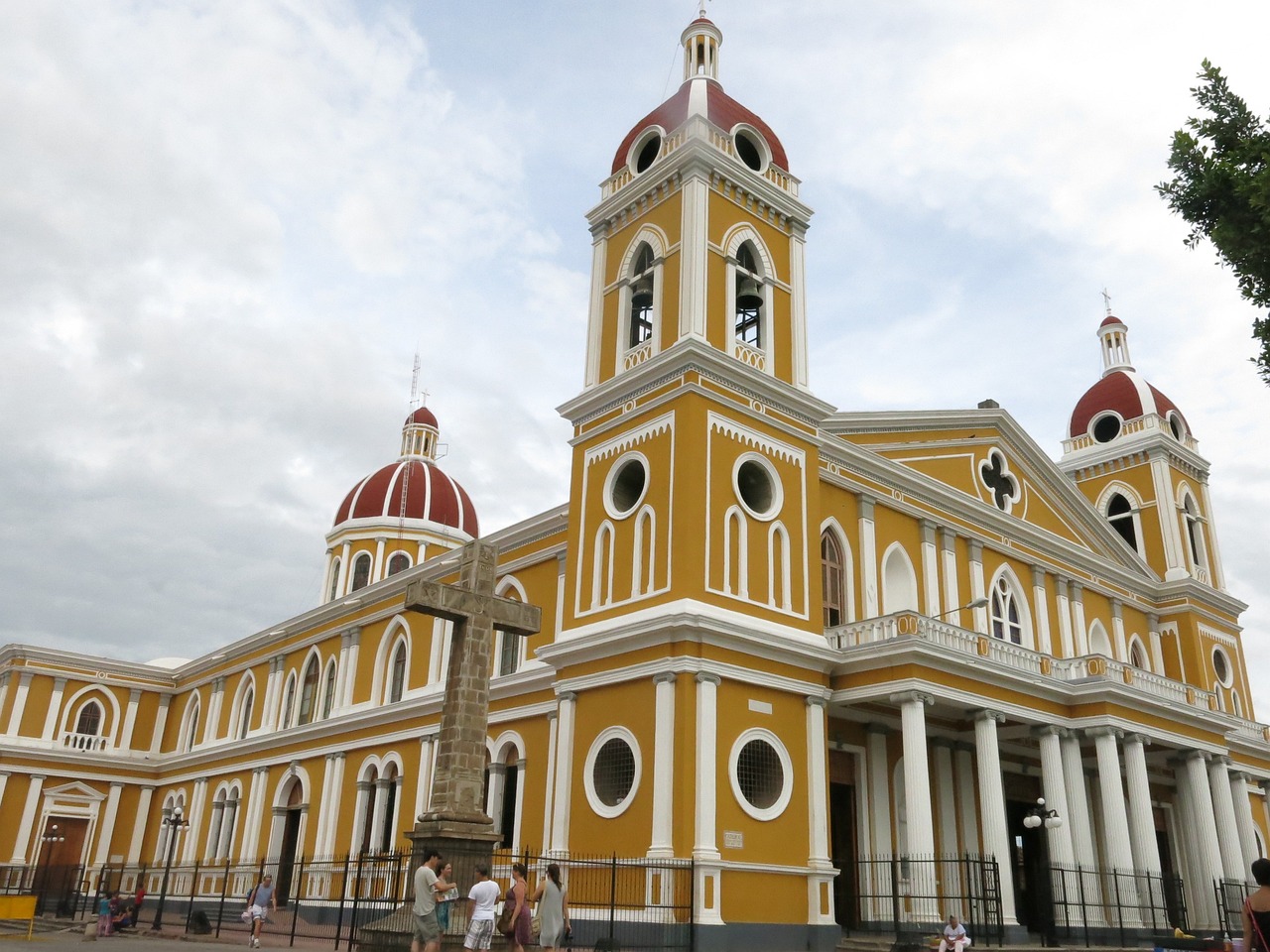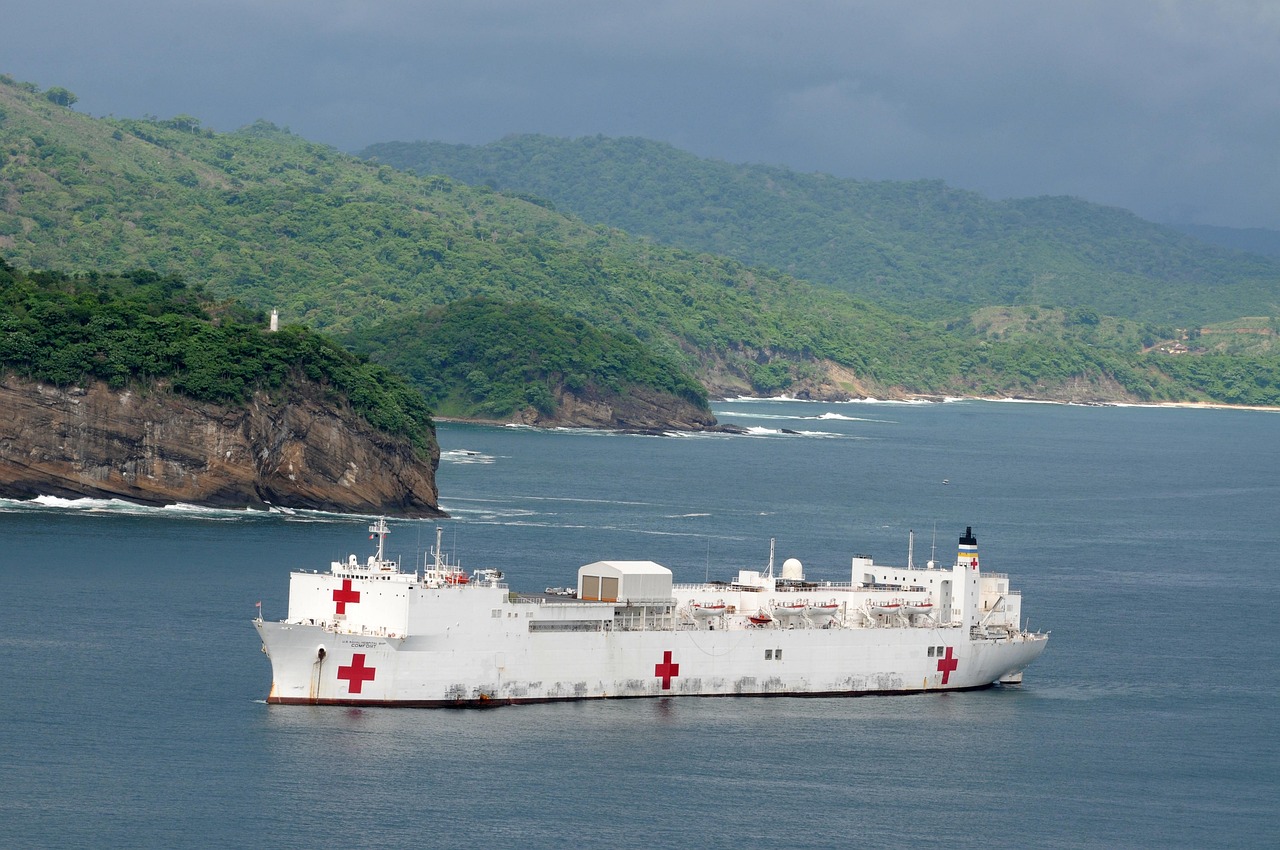Language and Communication: Overcoming Barriers in Nicaragua
In a country as diverse as Nicaragua, language and communication play crucial roles in bridging gaps and fostering understanding among its people. With a rich cultural heritage and various indigenous languages spoken alongside Spanish, Nicaragua faces unique challenges when it comes to overcoming language barriers. This article explores the importance of language and communication in Nicaragua, the barriers encountered, and the efforts made to overcome them.
Language Diversity in Nicaragua
Nicaragua is a country known for its linguistic diversity. While Spanish is the official language, several indigenous languages are also spoken, such as Miskito, Sumo, Rama, and Garifuna. These languages are predominantly spoken in specific regions or by particular ethnic groups, adding to the cultural richness of the country.
- Miskito: Spoken primarily on the Caribbean coast, the Miskito language is an integral part of the Miskito culture and heritage. It is recognized as an official regional language.
- Sumo: The Sumo language is spoken by the indigenous Sumo people in the eastern part of Nicaragua. It has different dialects, including Mayangna and Ulwa.
- Rama: The Rama language is spoken by the Rama people who reside on the Rama Cay and Rama Key islands in the southeastern part of the country.
- Garifuna: The Garifuna language is spoken by the Garifuna people, who have African and indigenous roots. They primarily reside in the coastal regions of Nicaragua.
Challenges of Language Barriers
The linguistic diversity in Nicaragua presents challenges in terms of effective communication and inclusivity. Language barriers can hinder social integration, access to education, healthcare, and overall community development. It is crucial to address these challenges to ensure that no individual or community is left behind.
- Educational Challenges: Language barriers can pose significant challenges in the education system. Students who speak indigenous languages as their first language may struggle to understand lessons taught in Spanish, affecting their academic performance. Bilingual education programs have been implemented to address this issue.
- Healthcare Access: Limited proficiency in Spanish can hinder access to healthcare services, especially in rural areas where indigenous languages are more prevalent. Medical interpreters and translators are essential in facilitating effective communication between healthcare providers and patients.
- Social Integration: Language barriers can impede social integration, leading to exclusion and isolation of individuals or communities. Efforts are being made to promote cultural exchange and understanding among different linguistic groups.
Efforts to Overcome Language Barriers
Recognizing the importance of overcoming language barriers, Nicaragua has taken several initiatives to promote effective communication and inclusivity.
- Bilingual Education Programs: Bilingual education programs have been implemented in areas with a significant indigenous population. These programs aim to provide education in both Spanish and indigenous languages, ensuring students can fully comprehend the curriculum.
- Language Preservation: Efforts are being made to preserve and revitalize indigenous languages through language documentation projects and cultural initiatives. These initiatives help maintain linguistic diversity and preserve cultural heritage.
- Interpretation and Translation Services: The provision of interpretation and translation services, particularly in healthcare and legal settings, helps bridge the communication gap between different language speakers, ensuring equal access to services.
Nicaragua Image 1:

Community Language Centers:
Community language centers have been established to provide language classes and promote language exchange among different linguistic communities. These centers serve as spaces where individuals can learn new languages, practice their own, and foster cultural understanding.
Sign Language Interpretation:
Recognizing the importance of inclusive communication, efforts have been made to provide sign language interpretation services for individuals with hearing impairments. This ensures that deaf individuals can effectively communicate and participate in various aspects of society.
Nicaragua Image 2:

Technology and Communication:
Advancements in technology have also played a significant role in overcoming language barriers. Online translation tools, language learning apps, and video conferencing platforms have made communication more accessible and efficient, enabling individuals to connect and understand each other despite language differences.
Language Exchange Programs:
Language exchange programs bring together individuals from different linguistic backgrounds to learn from one another. These programs provide a platform for cultural exchange and foster mutual understanding, breaking down language barriers in the process.
Nicaragua Image 3:

Conclusion
Language and communication are vital for overcoming barriers and fostering inclusivity in Nicaragua. The country’s linguistic diversity presents both challenges and opportunities. By implementing bilingual education programs, preserving indigenous languages, providing interpretation services, and embracing technology, Nicaragua is making significant strides in overcoming language barriers. These efforts contribute to a more inclusive society that values and respects linguistic diversity.
References
– www.un.org
– www.worldbank.org
– www.ethnologue.com
– www.nicaraguadiscovery.com
– www.undp.org
